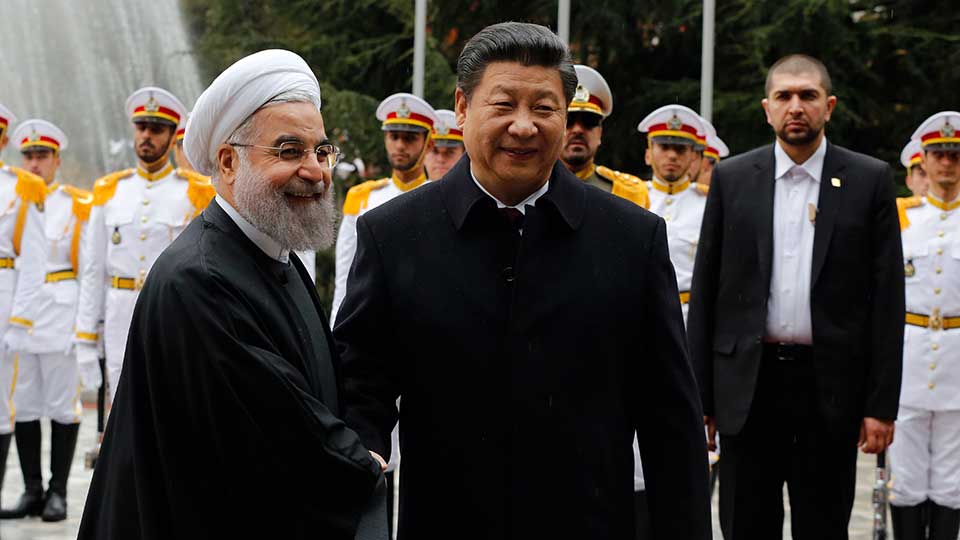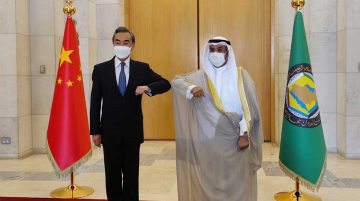How one perceives the proposed China-Iran partnership agreement, which is reportedly close to completion, likely depends on where you’re from and how you regard both these regional powers.
In exchange for greater access to Iran’s financial services, telecommunications, and infrastructure market, China would reportedly receive access to a steady supply of heavily discounted Iranian oil over the next 25 years. There’s widespread speculation that an agreement like this is valued at around $400 billion, according to a report in the New York Times.







